Good Day Everyone,
I am quite new to testing frameworks Jasmine. We have a TS project setup and I am trying to test a function consisting of setTimeout, but it keeps failing. I am trying to use Clock
One Important point I noticed is that I am using babel-loader as soon as I change the webpack configuration to ts-loader. The test case doesn't fail. (Don't know Why ♀️). I have checked multiple times but no luck.
UPDATE I figured out why the test cases are failing but I have no idea why is it happening.
The configurations of babel and ts-loader are correct I just changed the setTimeout to window.setTimeout(in babel-loader) repository and now the test cases are executing successfully♀️. This was just a wild guess from Stack Overflow Link.
I added a console statement of setTimeout and window.setTimeout and found that the definitions of both functions are very different. window.setTimeout has a definition(Green circle in the screenshot) that is the same as after we install Jasmine.clock install. ie. HERE But setTimeout definition(Red circle in the screenshot) is very different(below).
function (/* ...args */) {
return fn.apply(that, arguments);
}
I tried doing the same in ts-loader repository but here setTimeout and window.setTimeout definitions are the same.
Code:
hideToast() {
setTimeout(() => {
this.showToast = false;
}, 5000);
}
Test Spec:
beforeEach(() => {
// Sometimes calling install() will fail for some reason,
// but calling uninstall() first will make it work
jasmine.clock().uninstall();
jasmine.clock().install();
});
afterEach(() => {
jasmine.clock().uninstall();
});
it('should hide toast', () => {
const obj: Car = new Car();
obj.showToast = true; // This value should change after timeout
obj.hideToast(); // Call the component method that turns the showToast value as false
jasmine.clock().tick(5000);
expect(obj.showToast).toBeFalsy(); // Then executes this
});
Any suggestion would be helpful.
With babel-loader(Test case fail's) Screenshot(Branch = "main"):
https://github.com/dollysingh3192/ts-babel-template
With ts-loader(Test cases passed) Screenshot(Branch = "tsloader"):
https://github.com/dollysingh3192/ts-babel-template/tree/tsloader

